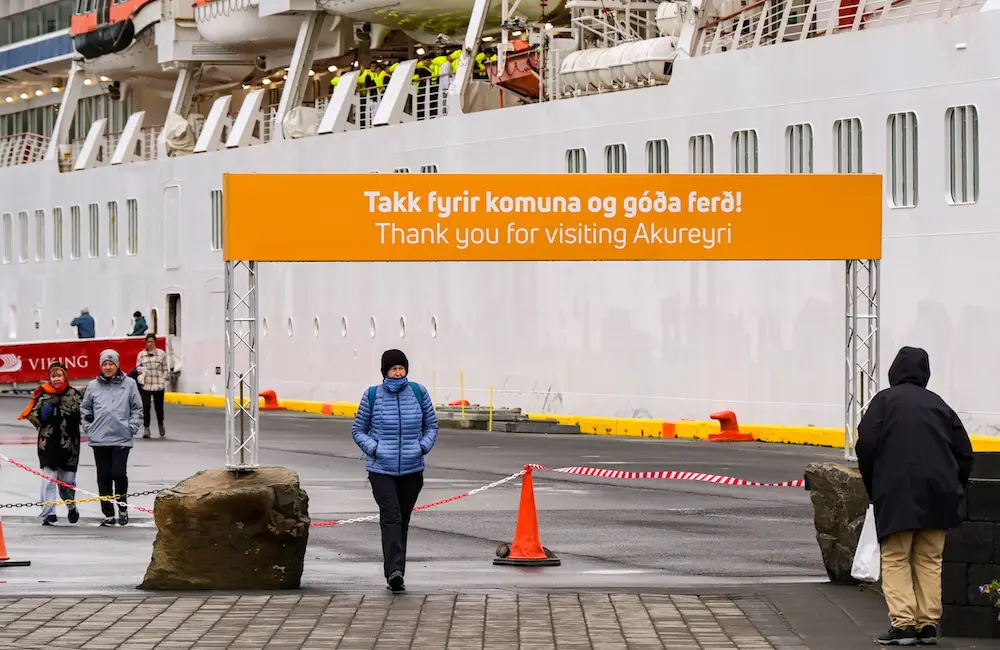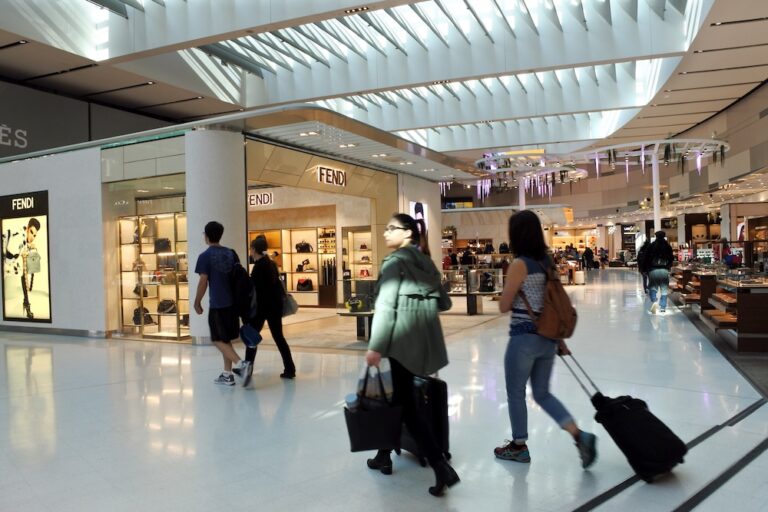Cruise lines are rethinking their itineraries to Iceland after the introduction of a controversial new infrastructure fee for passengers. Since the levy took effect on 1 January 2025, dozens of cruise ships have cancelled planned stops at Icelandic ports, leading to concerns within the industry.
The charge, set at 2,500 ISK (around AU$30) per passenger per night, was passed by Iceland’s caretaker government before the new administration took office. It applies to passengers regardless of when a trip was sold.
According to Iceland’s national broadcaster RUV, harbourmasters across the country have reported cancellations, with shipping companies citing the fee as a key factor in their decisions.
The law is expected to generate 1.5 billion ISK for the state treasury, but industry leaders argue the lack of consultation and sudden implementation are causing significant disruptions.
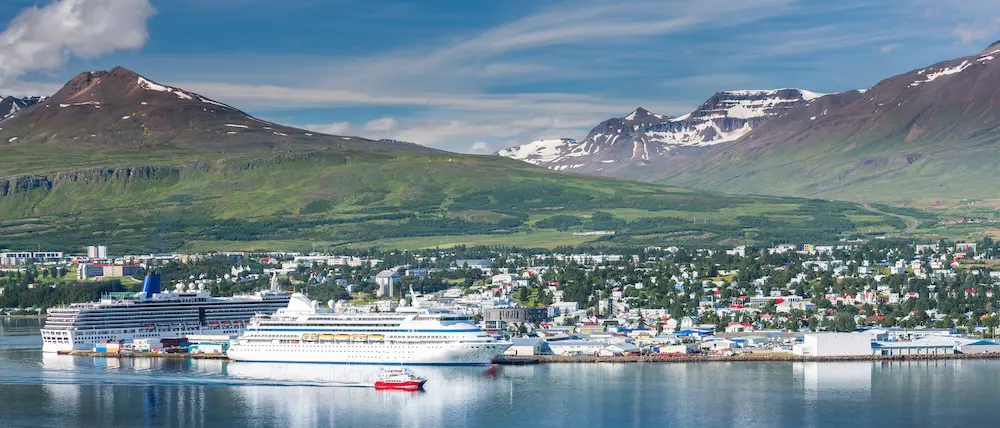
Cruise Iceland, an organisation representing the sector, has voiced strong opposition to the new law, which applies to international cruise ship passengers while a vessel is anchored in a port in the country.
“We would have, first of all, wanted to see this implemented in stages so it wouldn’t hit operations as hard as it does now,” Chair Sigurður Jökull Ólafsson stated.
The impact is already being felt at key ports, RUV reported. In Akureyri, there are 44 fewer ship visits than last year. Elsewhere, Grundarfjörður has reported seven cancellations for 2025 and 14 for 2026, while Vestmannaeyjar expects at least 10 fewer visits this year. In total, harbourmasters report more than 80 cruise ships have cancelled journeys.
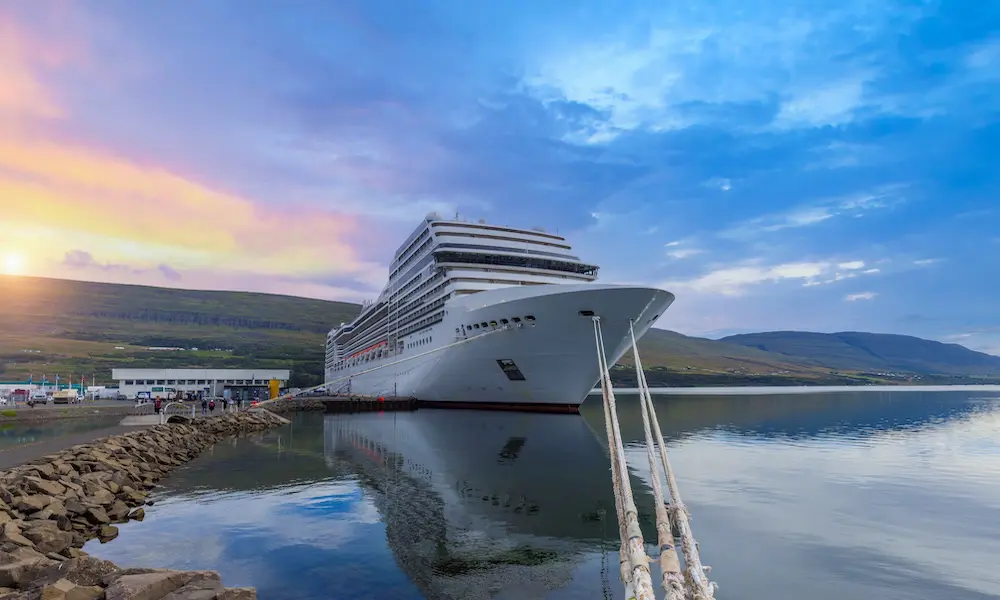
Sigurður also highlighted the financial burden on cruise operators. One vessel that calls at Reykjavik, Ísafjörður and Akureyri up to nine times each summer will reportedly face 440 million ISK in additional costs in 2025 alone, he said.
While the government anticipates a substantial revenue boost, doubts remain about whether the funds will be directed toward infrastructure improvements. Cruise Iceland hopes the new administration will review the legislation to mitigate the impact on the industry and local economies.
“It’s reasonable for this sector to contribute,” Sigurður remarked. “But it must be implemented with adequate notice, and let’s not forget that this is an infrastructure fee, not an infrastructure tax. If it’s an infrastructure fee, then it’s logical that it should be allocated to infrastructure development.”
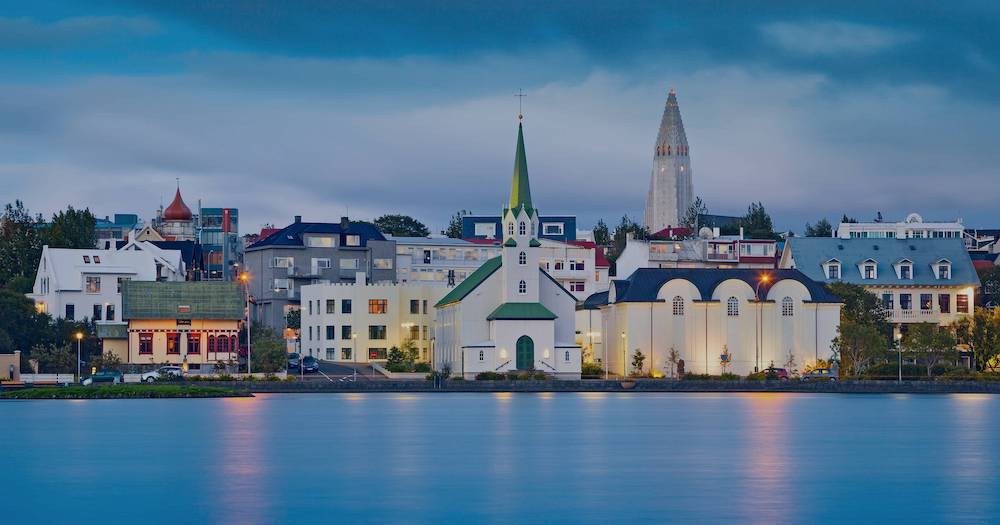
Speaking to The Independent, an Icelandic Ministry of Finance and Economic Affairs spokesperson said the new fee aims to balance competition.
“The goal of the tax is to level the playing field between domestic and foreign tourism companies,” it said.
The government claimed rising cruise traffic disadvantages local tourism, as ships pay limited taxes. It added that the new fee averages ISK 5,000 ($60) per passenger for two-day stays.
“On the website of one operator, a 17-day cruise between Norway and Iceland in August/September 2026 is priced from ISK 2.1 million (£12,000) per person. In this case, the infrastructure tax would amount to approximately 0.2 per cent of the total cost of the trip,” the ministry said.
“Therefore, the ministry said it “doubts that an infrastructure tax of this magnitude will lead to widespread cancellations by passengers”.


